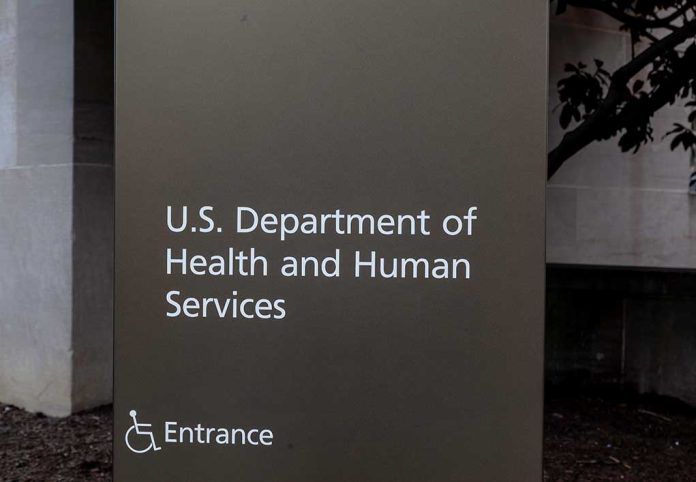
Robert F. Kennedy Jr.’s appointment as U.S. Health Secretary ignites debate over health policy, given his controversial views on vaccines.
Key Takeaways
- Kennedy’s appointment marks a significant shift in U.S. health policy, focusing on alternative narratives.
- Supported predominantly by Republicans, his confirmation suggests evolving political dynamics.
- His history of vaccine skepticism raises concerns about public health implications.
- Kennedy plans to direct funds towards preventive and holistic health approaches.
- The appointment signals potential changes in the structure and focus of major health agencies.
A New Era in Health Policy
Robert F. Kennedy Jr.’s recent confirmation as Secretary of the Department of Health and Human Services (HHS) comes after contentious debate in the Senate. Kennedy, known for his controversial stance on vaccines, secured the position with a narrow vote, supported primarily by Republicans. His appointment is considered a pivotal moment, indicating a potential redirection of health policies towards alternative and less conventional approaches.
Influential in overseeing 13 critical health agencies, including the FDA, CDC, and NIH, Kennedy plans to implement noteworthy changes. His approach includes redirecting NIH funds to preventive and holistic health solutions and downsizing NIH staff, reflecting his anti-corporate agenda. Kennedy’s stance signals a move away from traditional health advocacy, creating uncertainty about the future of standardized public health measures.
Redefining Vaccine Advocacy
Kennedy’s history as a vaccine skeptic brings considerable debate to his role. While he pledges not to restrict vaccine access and supports maintaining current CDC vaccine recommendations, his past actions and statements induce skepticism. His appointment raises concerns among health professionals about the potential impact on public trust and the handling of disease outbreaks. The Senate’s decision reflects political dynamics shifting towards embracing alternative scientific views.
“FDA’s war on public health is about to end.” – Robert F. Kennedy Jr.
Kennedy’s shifting views on public health extend to nutrition. He proposes reforms such as banning certain food additives and improving food labeling standards. His commitment to addressing chronic diseases and obesity signals a focus on preventative health measures rather than conventional medical solutions. The political backing of his agenda highlights a growing acceptance of holistic health approaches among Republican Senate members.
https://twitter.com/PatriotMemes96/status/1857178068730945542
Political Dynamics and Future Challenges
Kennedy’s nomination was met with significant resistance from Senate Democrats. Despite this, his confirmation underscores a shift in political alliances, reinforcing a wider acceptance of pseudoscientific narratives. With support predominantly from Republican senators, Kennedy’s leadership indicates a change in the political landscape governing health policies. Critics argue that his views could potentially jeopardize public health programs and standards.
As Kennedy commences his tenure, the public remains apprehensive about his unconventional perspectives on health issues. While he promises not to cut Medicare programs, his past statements and actions bring his commitment into question. The future will reveal the full impact of his policies on America’s health landscape and federal health agency operations under his guidance.
Sources:
- Under RFK Jr., US Health Policy and FDA Operations May See Major Shifts | JD Supra
- Robert F Kennedy Jr Confirmed As Health And Human Services Secretary On A 52-48 Vote
- The Senate Confirmed RFK Jr. as Health Secretary. Now What? – The Atlantic







